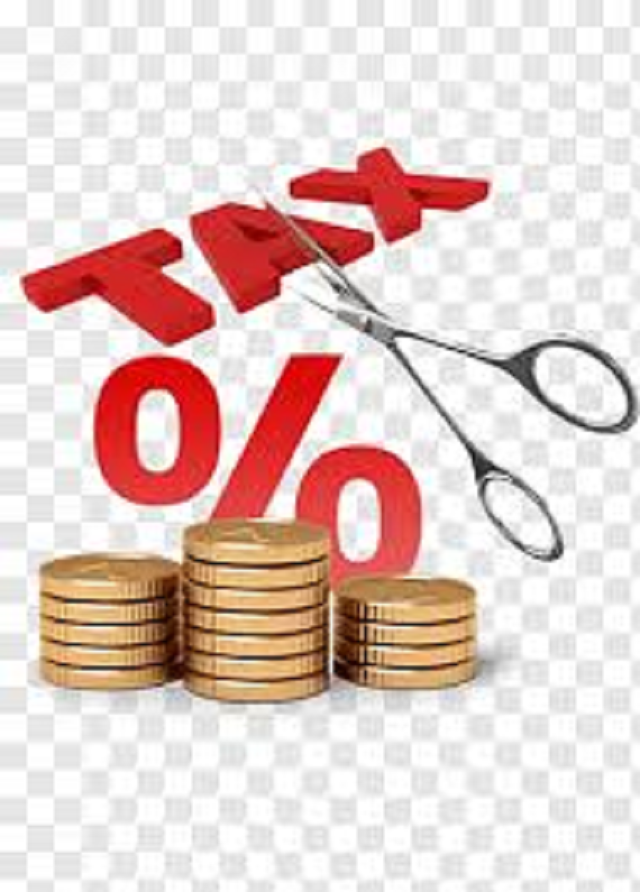Nigerians express mixed feelings about the proposed tax reform bills, with many voicing concerns over the planned gradual increase in Value Added Tax (VAT). A survey conducted across eight states captures varying perspectives on the bills’ potential to streamline taxation and boost state revenues.
The survey includes responses from individuals in both formal and informal sectors, revealing a blend of optimism and apprehension. While some applaud the reforms for their potential to improve governance, others worry about the economic implications of higher taxes.
The reforms aim to simplify Nigeria’s tax structure and encourage states to focus on internally generated revenue (IGR). Munir Hamza, a business owner in Kano, supports the initiative, stating that it will push Northern states to reduce their reliance on federal allocations.
“These reforms will force governors to adjust their spending and find innovative ways to generate revenue. The government should move ahead despite the opposition,” Hamza says.
In Abuja, civil servant and entrepreneur Judith Asogwa highlights the benefits of merging tax laws and transforming the Federal Inland Revenue Service (FIRS) into the Nigeria Revenue Service (NRS). She believes these changes will create a more efficient tax system and foster accountability.
“This reform simplifies taxation for businesses and individuals. Northern states should prioritize improving their IGR instead of relying on federal allocations and quotas,” Asogwa states.
Despite the potential benefits, the proposed increase in VAT from 7.5% to 15% by 2027 raises widespread concerns. Bauchi resident Yakubu Samaila criticizes the plan, warning that it may lead to inflation and worsen living standards.
“Raising VAT without addressing economic challenges will only deepen poverty. People are reluctant to pay higher taxes without guarantees of proper fund management,” Samaila argues.
In Rivers State, nurse Deborah Innocent echoes these concerns, warning that higher VAT could trigger price increases for goods and services, placing further strain on Nigerians.
Tax experts share varying perspectives on the reforms. A Lagos-based tax consultant points out regional disparities in VAT collection, emphasizing the need to shift from headquarters-based filing to consumption-based revenue allocation.
“Currently, VAT is filed in company headquarters, often in Lagos, while the actual consumption occurs in other states. The new reforms aim to balance this inequity,” the consultant explains.
The consultant also addresses concerns about removing VAT on agricultural products, which are critical to Northern economies. They argue that while this could impact revenue, other sources would offset the loss.
Muda Yusuf, former Director-General of the Lagos Chamber of Commerce and Industry, raises concerns about the technical complexity of the reforms. While he supports reducing Company Income Tax from 30% to 25%, he opposes the VAT hike.
“Nigeria’s informal economy poses challenges for tax compliance. Many high-earning businesses operate outside formal tax structures. Simplifying and educating the public about these reforms is essential,” Yusuf advises.
Respondents emphasize the need for extensive public engagement and education about the reforms. They suggest using local languages and diverse media platforms to explain the benefits and address concerns about contentious provisions, including VAT revenue sharing.
The tax reform bills have faced significant criticism, particularly from the Northern Governors Forum, which urges legislators to reject provisions perceived as unfavorable to Northern states.
The National Economic Council (NEC), comprising governors from across the country, has also recommended delaying the bills for further consultations.
Despite these objections, President Bola Tinubu emphasizes that the legislative process allows for input during public hearings. The Senate has postponed discussions on the reforms until the new year, allowing time for further negotiations and stakeholder engagement.













